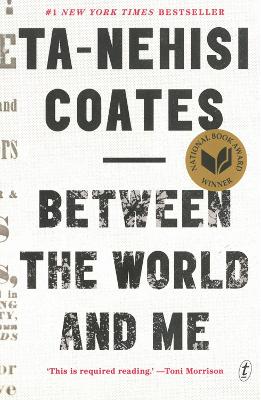
clq
Written on Aug 7, 2020
This book is very different from the, too few, other books I’ve read on race in America. There is no call to action, no pleas about what should change, and no suggestions as to how the world could be better. It doesn’t try to judge the state of things, it just lays out the reality of what it has been like for the author to grow up, and live, in a society where the colour of his skin has been, and always will be, a barrier between the world and himself. It’s a description of a grim reality that’s made all the more devastating by the fact that the book is written as a letter to the son of the author, to prepare him for the apparent inevitabilities of growing up in a world where the colour of his skin will always create a barrier between him and the world he lives in.
That’s the thing about eye-opening books: once they open your eyes, if only a bit, you might not like what you see, and a lot of this book makes for very uncomfortable reading. That’s compounded by my personal discomfort around how I’ve only started seeking out and listening to voices like this now.
I’ve heard some criticism of the hopelessness in the tone of this book, which for me is nether here nor there. What matters to me is the perspective that I, as a white person, can only ever get through listening to or reading about the experiences and realities that are described in books like this. I’m finishing off this review three weeks after having read the book, and more than any other book on racial issues I’ve read, this is the one that has popped into my mind literally every time I’ve seen a news story about police violence against black people. That reaction probably says more about the book, and why I think it’s important, than anything I could write down.



